Search
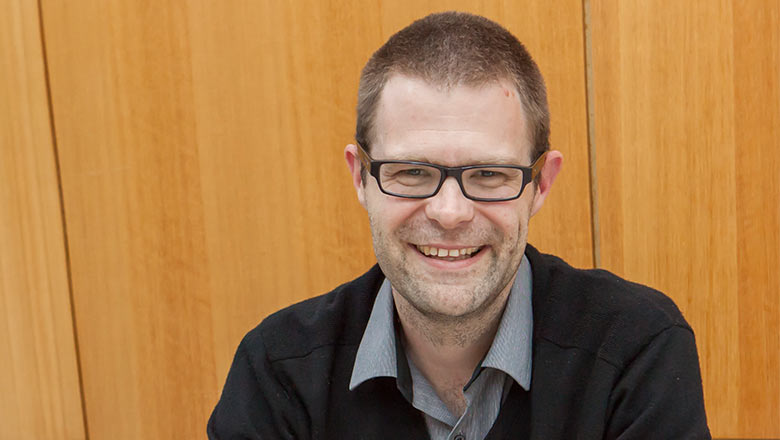
News & Events
Study sheds new light on the ‘autism epidemic’ mysteryResearchers have shown that the so called 'autism epidemic' is due to an increase in the diagnosis of children with less severe behavioural symptoms.

News & Events
New app helps teens think twiceProfessor Donna Cross’ innovative research aims to protect children from the harmful effects of online bullying.
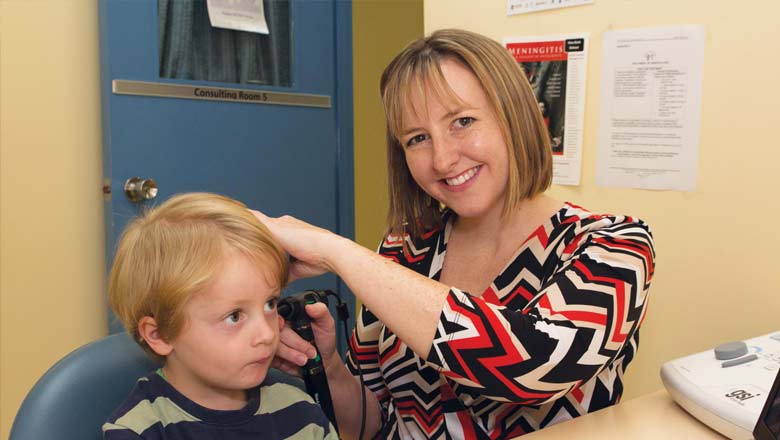
News & Events
A new job for a specialised drugThe Kids is investigating whether a cystic fibrosis medication may be the answer to ear infections, reducing the need for antibiotics and surgery.

News & Events
Vaccination Q&A with Dr Chris BlythImmunisation plays an important role in preventing disease within our community. Watch Dr Chris Blyth answer some commonly asked questions about vaccines.
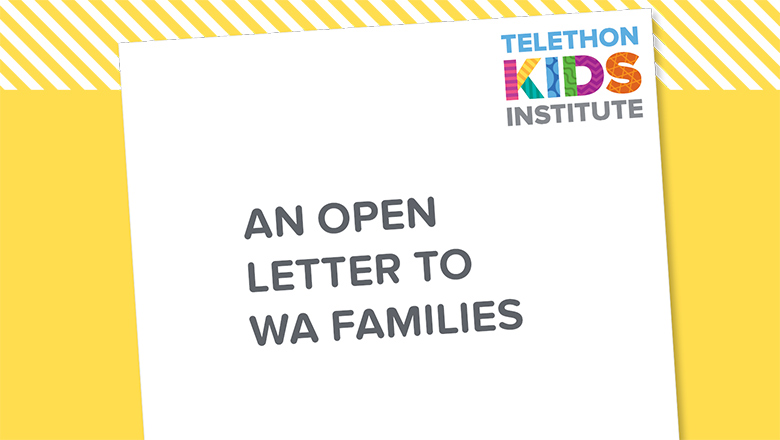
News & Events
An open letter to WA familiesMy colleagues and I at Perth's The Kids Research Institute Australia study how to make current vaccines work better, reduce common side effects, and develop new vaccines.
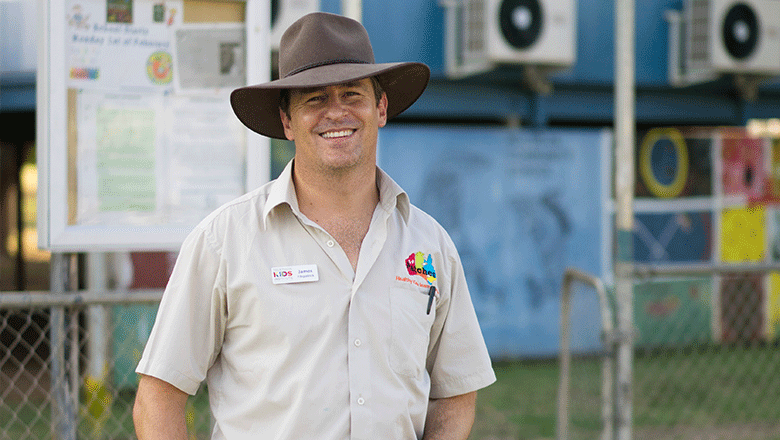
News & Events
The Kids researcher awarded support fundingA The Kids Research Institute Australia researcher has been awarded $10,000 in State Government research support funding.
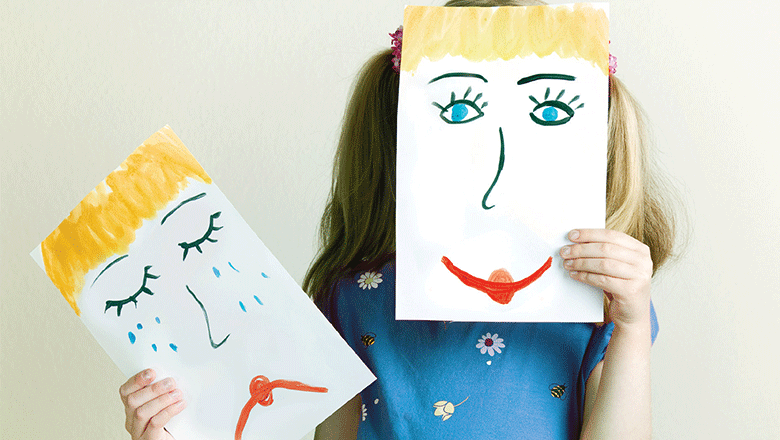
News & Events
Young Minds Matter overviewYoung Minds Matter was funded by the Australian Government Department of Health. The survey was conducted at The University of Western Australia...
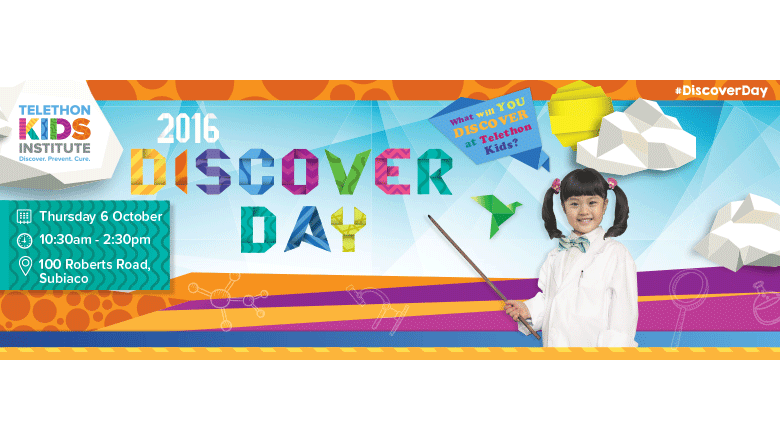
News & Events
Discover DayJoin us this school holidays for a FREE family fun day at The Kids Research Institute Australia in Subiaco and discover how we are making a difference to child health.
News & Events
New insights into diabetes in Australian Aboriginal populationThe Kids Research Institute Australia have shown that genetic variations that influence BMI and diabetes are similar to those in non-Aboriginal populations.
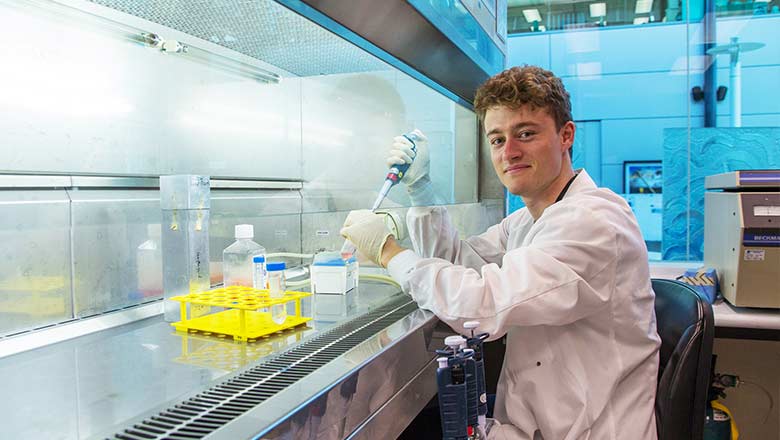
News & Events
A vacation spent researching UVWhile many university students spend their summer break enjoying a bit of downtime, Will Kermode spent his in a laboratory.
